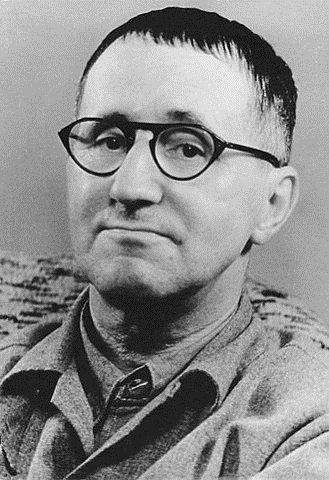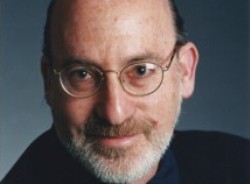In my opening remarks at the Product Innovation Conference in Berlin, I talked about a famous Berliner, Bertolt Brecht. You might wonder what does the influential poet, playwright, and theatre director has to do with engineering, innovation and digital transformation?
One of the characters in Brecht’s Mother Courage and Her Children ponders a question worthy of an engineering conference: “What happens to the hole when the cheese is gone?”
But the motivation to mention Brecht in my opening remarks was another quotation: “Because things are the way they are, things will not stay the way they are.”
The inevitability of change
The outlook for the second half of this decade can be best characterised as rapid technology acceleration at times of economic and business uncertainty. Global politics, technology investments, and the positioning of leading companies, all play a significant role the early stages of transition into a new 21st-century economy that will be fueled by pervasive connectivity, distributed cloud-based computing, and smart, sensor-rich devices, says Joe Barkai, consultant, speaker, author and blogger.
The rapidly evolving, always-connected world, in which everything and everybody is connected, brings opportunities (and threats, depending on your point of view) and drive unprecedented levels of investment in the Internet of Things (IoT) and Industry 4.0 technologies and business models.
In a 2015 McKinsey report, the consulting firm stated: “If policy makers and businesses get it right, linking the physical and digital worlds could generate up to $11.1 trillion a year in economic value by 2025.”

Unlike the previous industrial revolutions, whose impact was fully comprehended only decades later, today’s IoT discourse unearths important open questions and concerns about the impending economic and business model shifts, and the morphing of traditional business and technology boundaries.
As McKinsey’s analysts astutely point out in their report, the ability to harvest the promised fruits of IoT depend on both policy makers and businesses to “get it right.” The IoT community must continue to explore and understand the societal and ethical implications of these changes, such as the complete loss of privacy, and the increased automation that will shape the workforce of the future.
Embracing change
Change is inevitable. In a subsequent presentation at the conference, I discussed the economic value of uncertainty. I asked whether uncertainty and volatility represent a risk or an opportunity, and posited that companies planning on launching IoT-based solutions must recognise and leverage uncertainty and volatility rather than try to eliminate them.
Mentioning Brecht in the context of digital transformation and product innovation, drew attention and requests for the presentation’s slide. While the opening remarks were ad-libbed, here is a link to the formal presentation.
The author of this blog is Joe Barkai, consultant, speaker, author and blogger
It was first published on joebarkai.com
Comment on this article below or via Twitter: @ VanillaPlus OR @jcvplus






